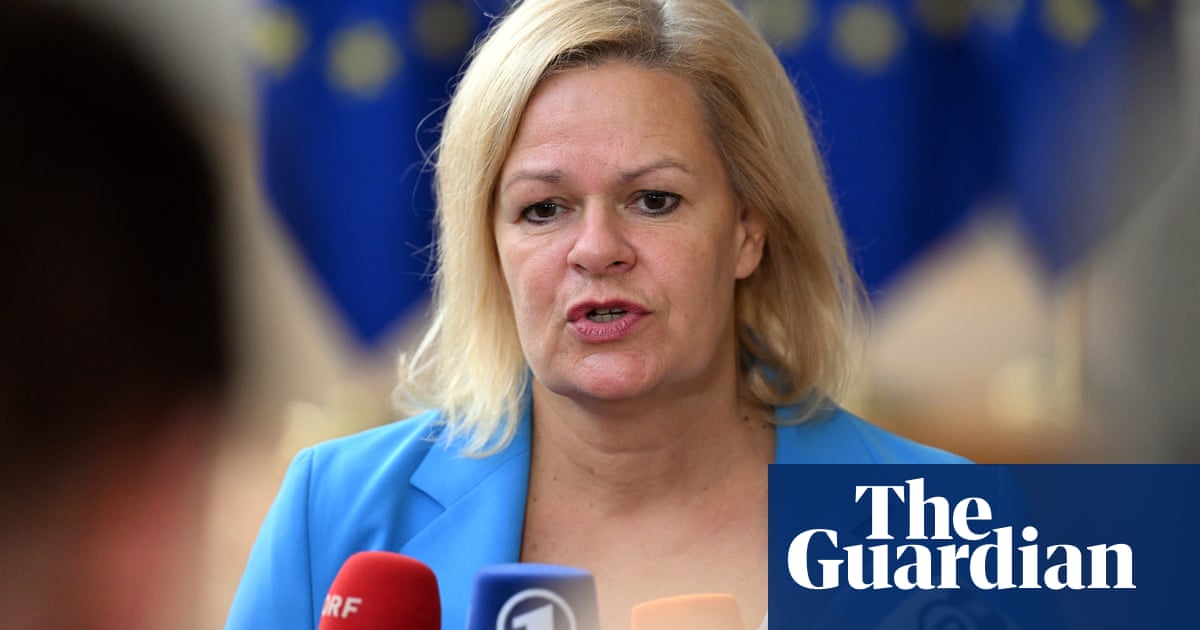
A major Lebanese labor union vowed on Friday to ramp up strikes and protests across the country if the government cuts wages or benefits as part of its 2019 draft budget.
Lebanon’s cabinet has met almost daily to complete a budget that tries to get its large deficit under control and rein in one of the heaviest public debt burdens in the world.
Friday’s cabinet session, which some ministers had said they expected to produce an agreement on the draft budget, ended without one, and ministers said they would meet again on Sunday.
Prime Minister Saad Hariri says this may be the most austere budget in Lebanon’s history.
Fearing the budget will cut their wages, pensions or benefits, public sector workers including army veterans and central bank employees have protested and gone on strike.
Lebanon’s impasse in agreeing a credible fiscal reform plan and deteriorating global market conditions means it may struggle to refinance key foreign currency debts coming due this year, unnerving overseas investors.
Outright default can likely be averted in the short-term by a government financing maneuver involving the central bank and local banks, the main holders of its debt.
But this is only likely to be a stopgap and many foreign funds contacted said they would be reluctant to delve into new Lebanese Eurobonds until they assess reforms.
At stake is investor support for new debt sales needed to help meet maturing Eurobonds next week and again in November. Access to international markets has been compounded by fresh turbulence on emerging markets as the trade row between the United States and China blew up again and geopolitical tensions involving Iran heightened.
Lebanon, with one of the world’s highest public debt burdens, has been buffeted by political paralysis and fallout from conflict in Syria and Iraq, which has weighed on regional trade, investment and travel. A small, open economy, it has also been hit by a fall in money flowing in from its scattered diaspora, which traditionally helped fund a large chunk of its financing needs.
“The government is not even able to get its act together to deliver a comprehensible transparent budget. Nor did it present or formulate a credible medium-term fiscal adjustment plan that strikes the right balance between the imperative of growth and fiscal consolidation,” said Alia Moubayed, managing director at Jefferies, an international finance firm.
“Without a clear medium-term economic and fiscal policy framework that addresses large external imbalances, and given high levels of corruption and state capture, investors will not be convinced to buy Lebanon risk, as donors will look with extra scrutiny before committing further funding,” he said according to Reuters.
The protracted budget process has pushed up the cost of insuring Lebanon’s debt in recent days to its highest level since January 22, when it was struggling to form a government.
Lebanon should be able to muddle through to find a solution to its most immediate debt headache, a $650 million Eurobond maturing on May 20.
Lebanon can pay back investors in this bond drawing on a foreign exchange transaction with the central bank, a source familiar with the matter said.
The government has used the same unconventional approach to financing its deficit in the past.
The central bank would likely discount dollar denominated certificates of deposits for the banks to subscribe to in return for them buying long-term domestic bonds, said one banker familiar with the situation. In parallel, the central bank would do a swap with the finance ministry, the issuer of the international debt.
The finance minister had previously said the government aimed to issue Eurobonds in the range of $2.5 bln to $3 bln on May 20 to cover this maturity and Lebanon’s other maturing principle for 2019, a $1.5 billion issue due in November.
A source familiar with the matter told Reuters on Tuesday that Lebanon might wait until emerging market investors have more appetite and the government has approved its budget. The government is targeting international investors for around 20 percent of the new issue.
The government says it is committed to pay all maturing debt and interest payments on predetermined dates.
“Eurobond maturities this year would be met by issuing further eurobonds,” said Garbis Iradian, chief MENA economist at Institute of International Finance (IIF). “First they have to send a strong signal to the market by approving strong fiscal measures.”
Nassib Ghobrial, chief economist at Lebanon’s Byblos Bank, said there was no risk to Lebanon’s foreign currency financing for this year because the central bank was committed to covering the hard currency needs.
But Lebanon’s economic challenges remain hefty.
Its fiscal deficit ballooned to 11.2 percent of gross domestic product (GDP) last year from 6.1 percent the year before and its international reserves fell to $39.7 billion, enough for 13 months of import coverage.












